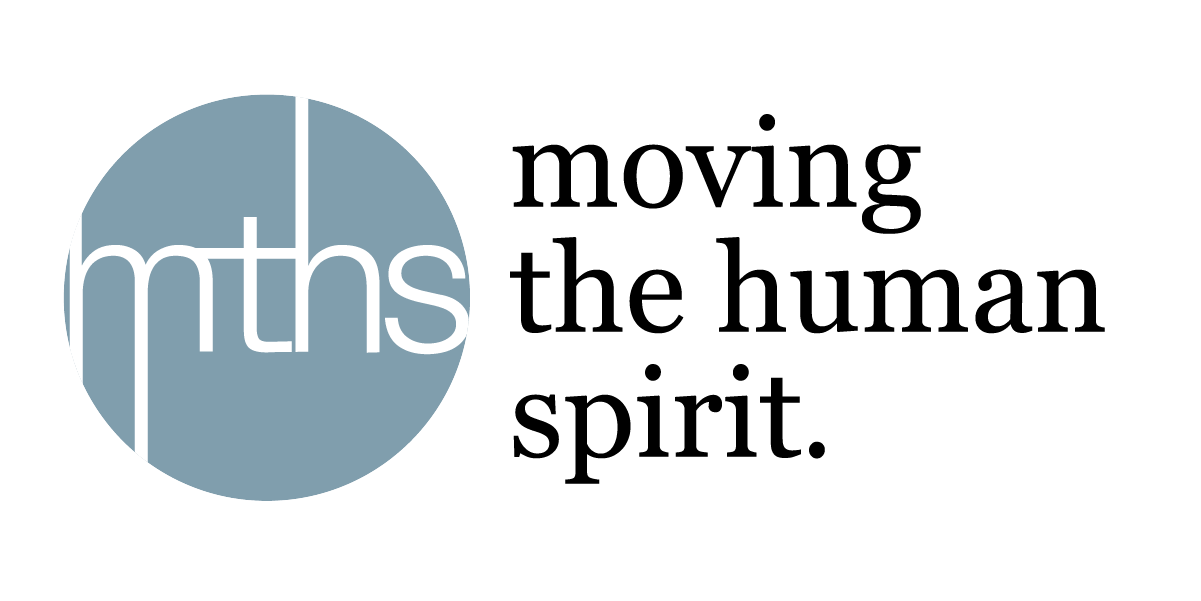The phoenix is a mythological creature that is known for its resurrection. When its life comes to an end, the phoenix collapses in a fiery pyre, depleted and drained, burning to ash before rising once more to be reborn. The analogy reminds me of trauma survivors that have endured such extraordinary situations and circumstances, and when the last embers seem to be fading from red to black, a great resilience reignites them and their wings spread. This ability to help transform our clients is the essence of being a coach, and one that works through a trauma lens.
As with the phoenix, trauma has been an enduring story for millennia, told through many different cultures and races. As you know, trauma is non-discriminating. It has no concern for race, color, gender, language, beliefs, or preferences. It can be a silent force that pays no mind to any of these dividing factors in our society. It can penetrate the most and least fortunate of people. It can perform its task in mere seconds or take its toll over time. Trauma is a force to reckoned with, but coaching has an innate ability to loosen its grip, with grace and ease.
This is what recovery can look like if they are ready for change. Like the phoenix, trauma clients have seemingly come to an end, exhausted, but there is hope for those who pursue trauma coaching as a resource. It is through coaching that they begin to reconstruct, regenerate, and resurface to be reborn. It is through this avenue of coaching that they learn they are uniquely remarkable, they are full of possibilities, and it is within their power to recover and rebuild that which they desire. This is what recovery can look like if they are ready for change.
For these reasons, I resonate with the idea of the phoenix when we speak of trauma and coaching. I am always inspired by the ability to create a shift within a person tormented by memory and feeling, trapped in moments that no longer exist. As a coach, our ability to loosen the grip and invite change is a welcomed elixir. I am not taking credit for the inner workings of my clients. They do the heavy lifting, they envision new and enchanting ideas and ways to exist. Yet, as coaches we know how far to push, when to lend a hand and what question to purpose at any moment to propel our client forward. We recognize when the client’s barriers are deeper than the average coaching session. We have the knowledge of what is restricting and what flows. We form a relationship to uncover the awareness of patterns and behaviours that no longer serve them, then champion them to build a better life.
Trauma coaching requires all the baseline techniques that must be learned by any certified coach. You will not only need a coaching foundation but the empathy and compassion to shine a light on the dark places. You will work with people who feel exhausted and with no ability to conjure the positive resources that free them from the captivity of their own memory. This constant wear on the nerve of existence depletes their resilience and leaves them unable to decode their own situation. This is where coaching comes in.
I have heard some say that trauma can’t be coached. However, with the proper techniques, coaching can work for clients who are experiencing trauma. Having more knowledge around trauma and its effects is essential when maneuvering such areas and having a solid coaching education is an absolute necessity. It is the groundwork that compliments the trauma education that follows. With the expertise that comes from the Trauma Informed Coach training, this will be some of the most rewarding work you ever do.
Processing trauma in a coaching environment happens in several ways. Values and beliefs take top bill. Values and beliefs work is something that as coaches we investigate with all clients, but when working in trauma, it can release and strengthen a client immensely and instantly. Trauma by nature can dislodge a person from their core values, so in working with core values we strengthen their ability to focus on what is important and in which direction to head. Rooting out beliefs that no longer serve our “here and now” is another invaluable method to support trauma clients in building resilience. Shifting old beliefs or stories that no longer serve them, in order to author new stories that fill them with encouragement and possibility, is a practice for healing like no other.
We can come to a place of understanding. We are currently in a pandemic which has amplified people’s trauma, and their ability to cope has come under additional stress. Physical and social restrictions can feel suffocating at times, and simple activities that went unnoticed day in and day out, executed without concern, are now cautiously scrutinized. Coaches’ have an innate skill that lends a hand that is firmly attached to the present we are living in and what clarity that can bring. When given the ability to make sense of our past stories we do not need to lose ourselves down the well of trauma. We can come to a place of understanding that what is agonizing today does not need to defeat us, but it can make us stronger.
Resilience allows us to confront the dragons, stare the giant in the eye and find our true north. Trauma Informed Coaching offers this; a way to reconstruct, regenerate, and resurface to be reborn. Changing what exists into something with possibility, more life and more strength then could have ever been imagined. Coaches know our clients are capable and have everything they need within them, but it is our responsibility to bring that awareness, hold that space and encourage resilience. One question at a time, until our clients have honed their own skills to dawn a new day. Taking those last embers, fanning the flame and reigniting the phoenix, so it may rise and take flight once again.



